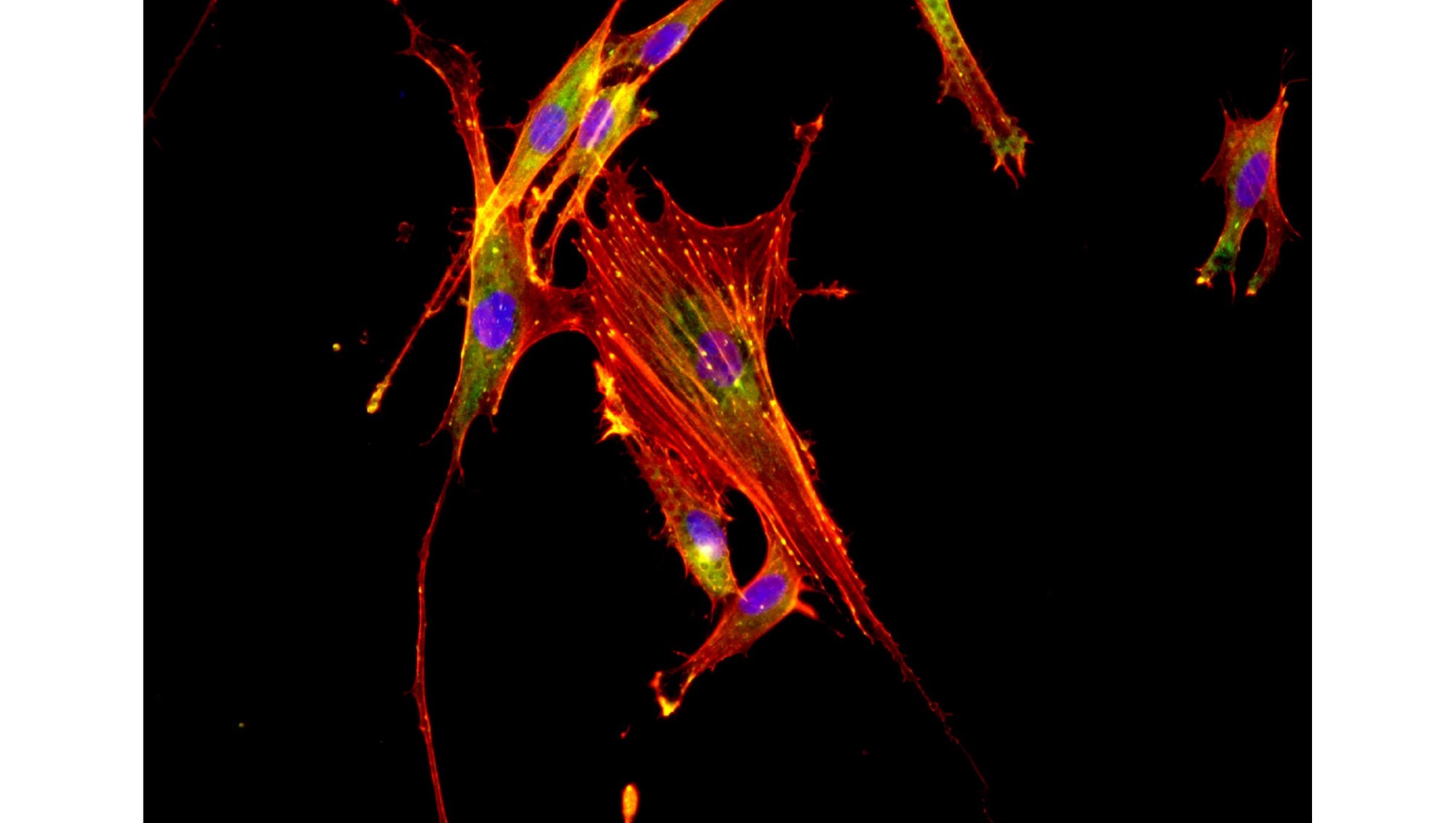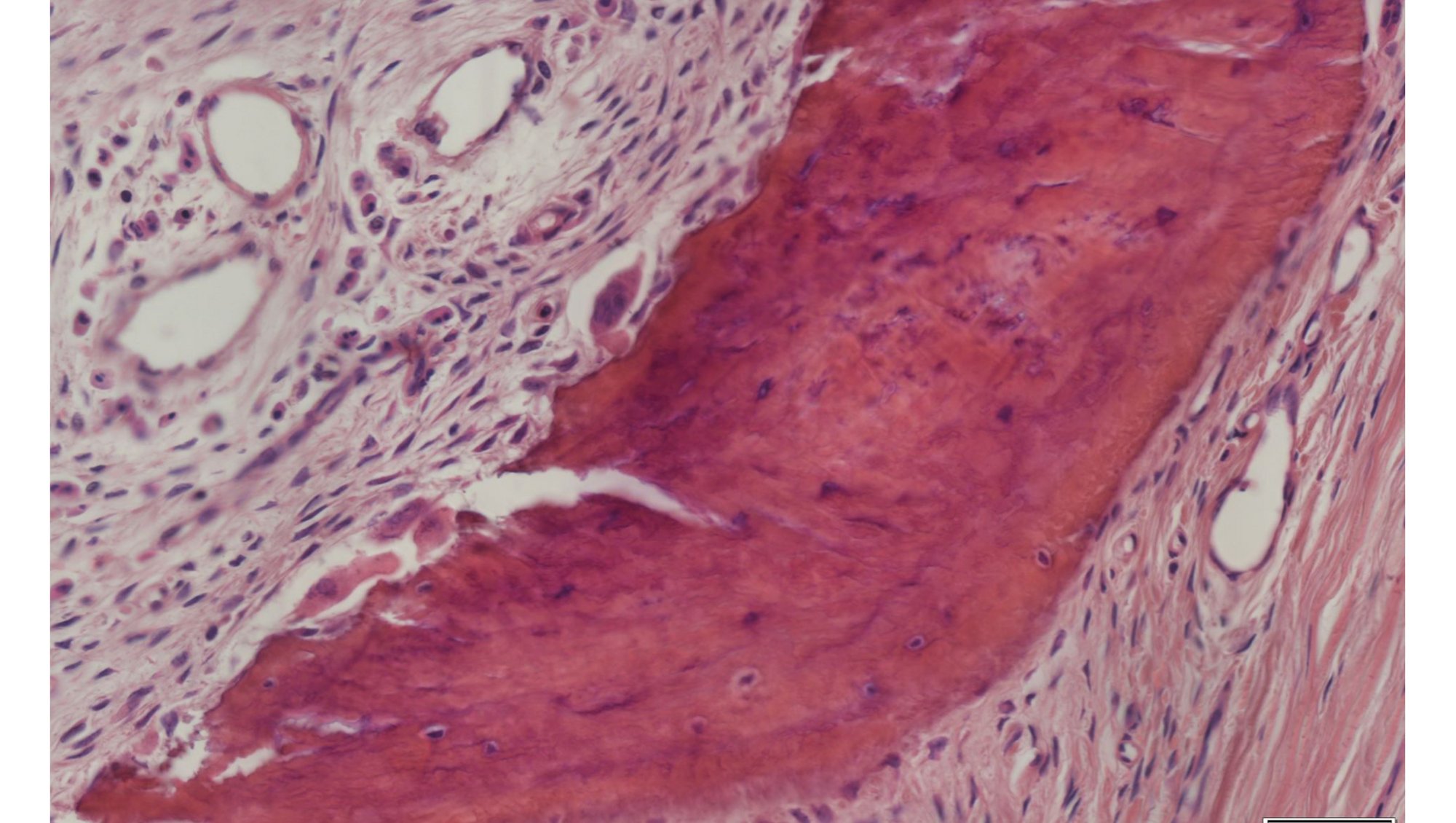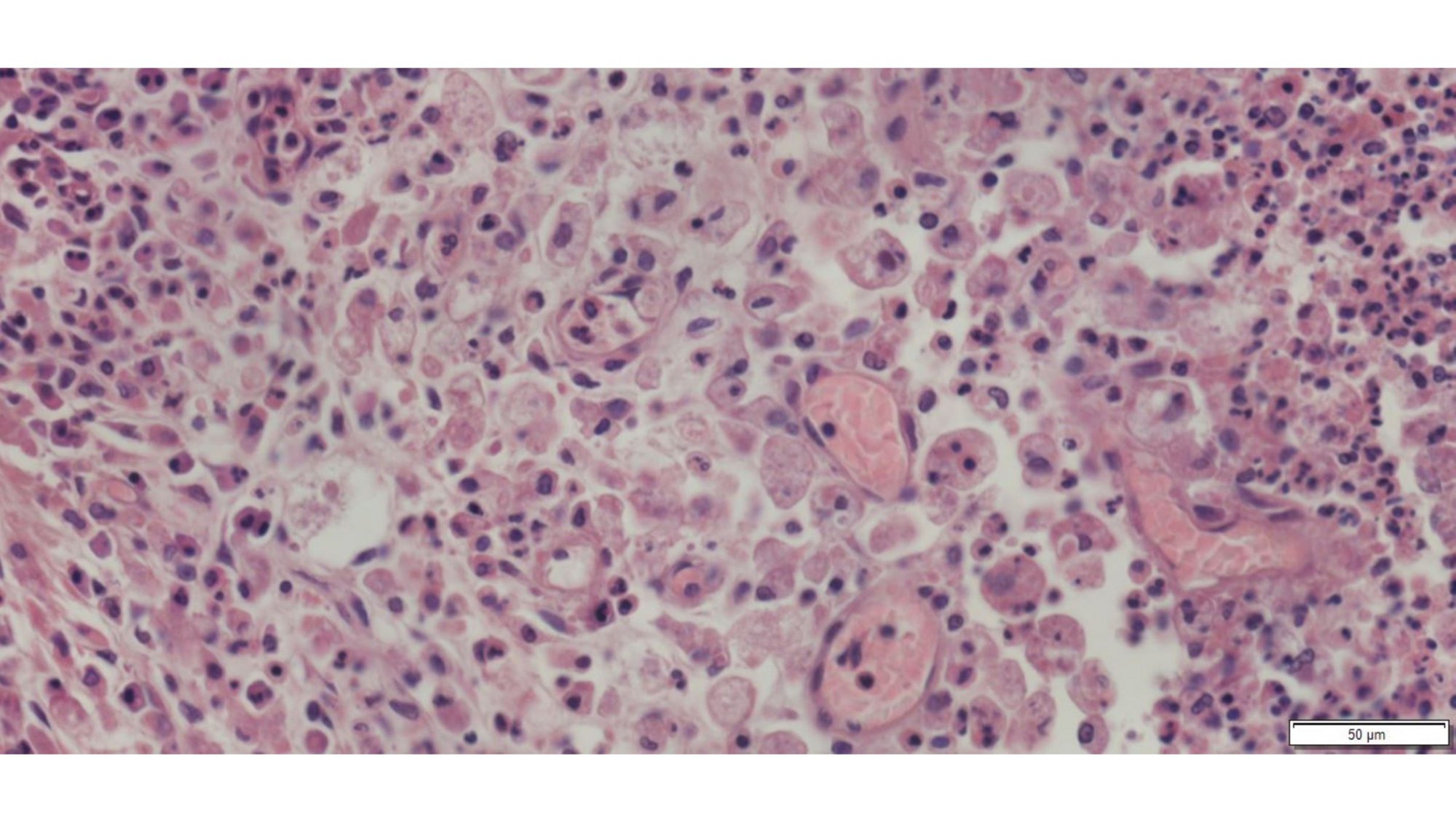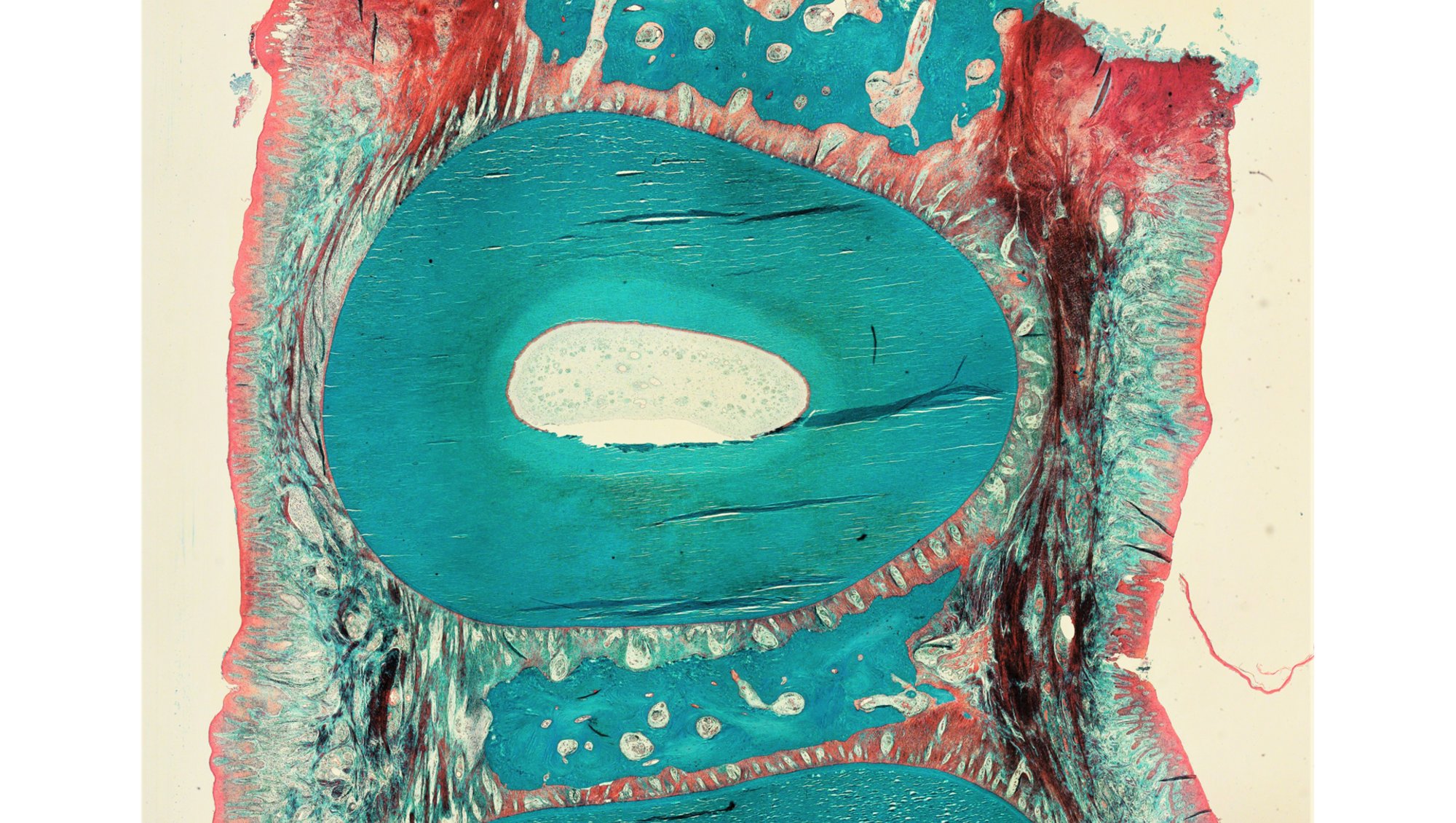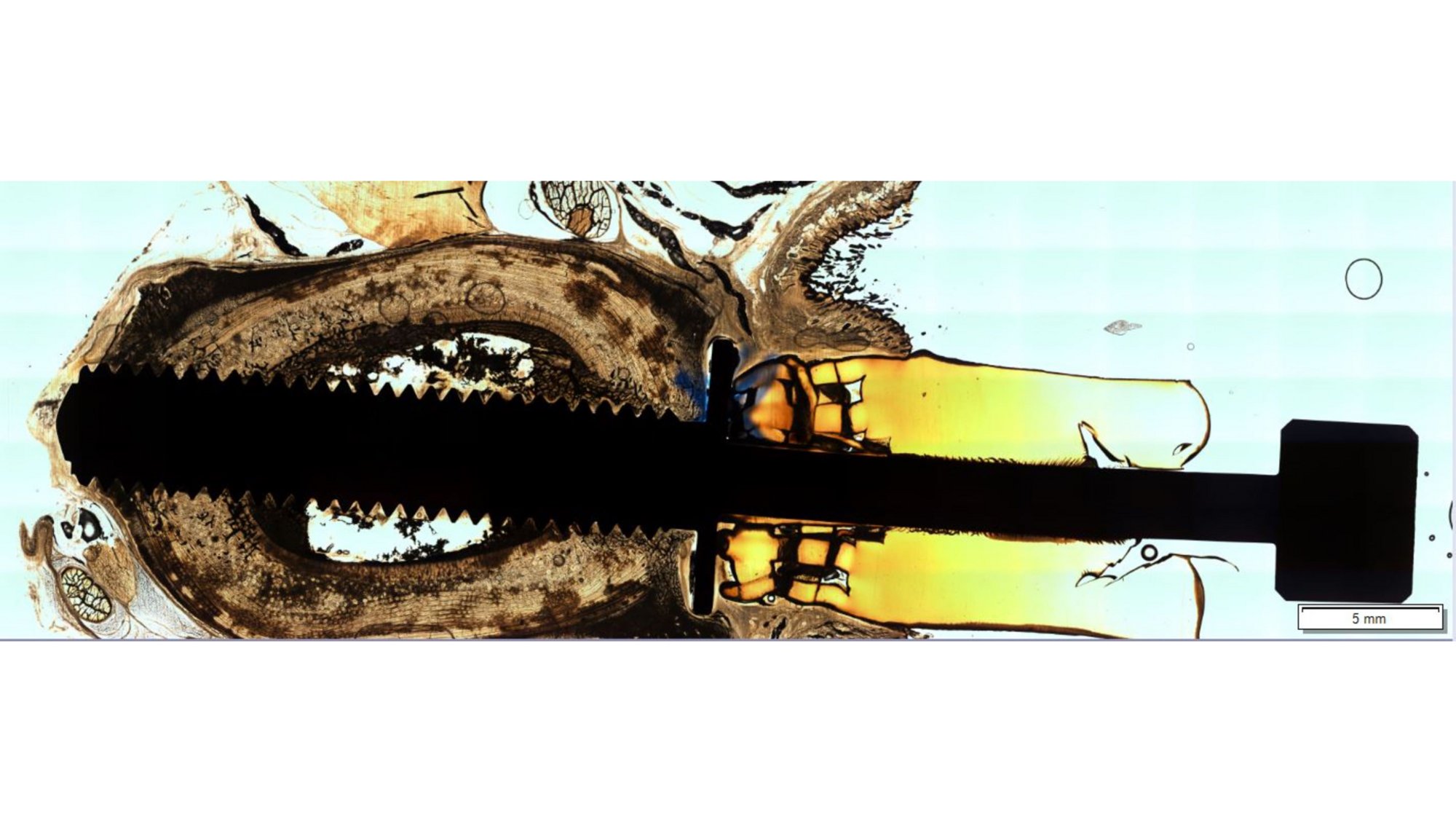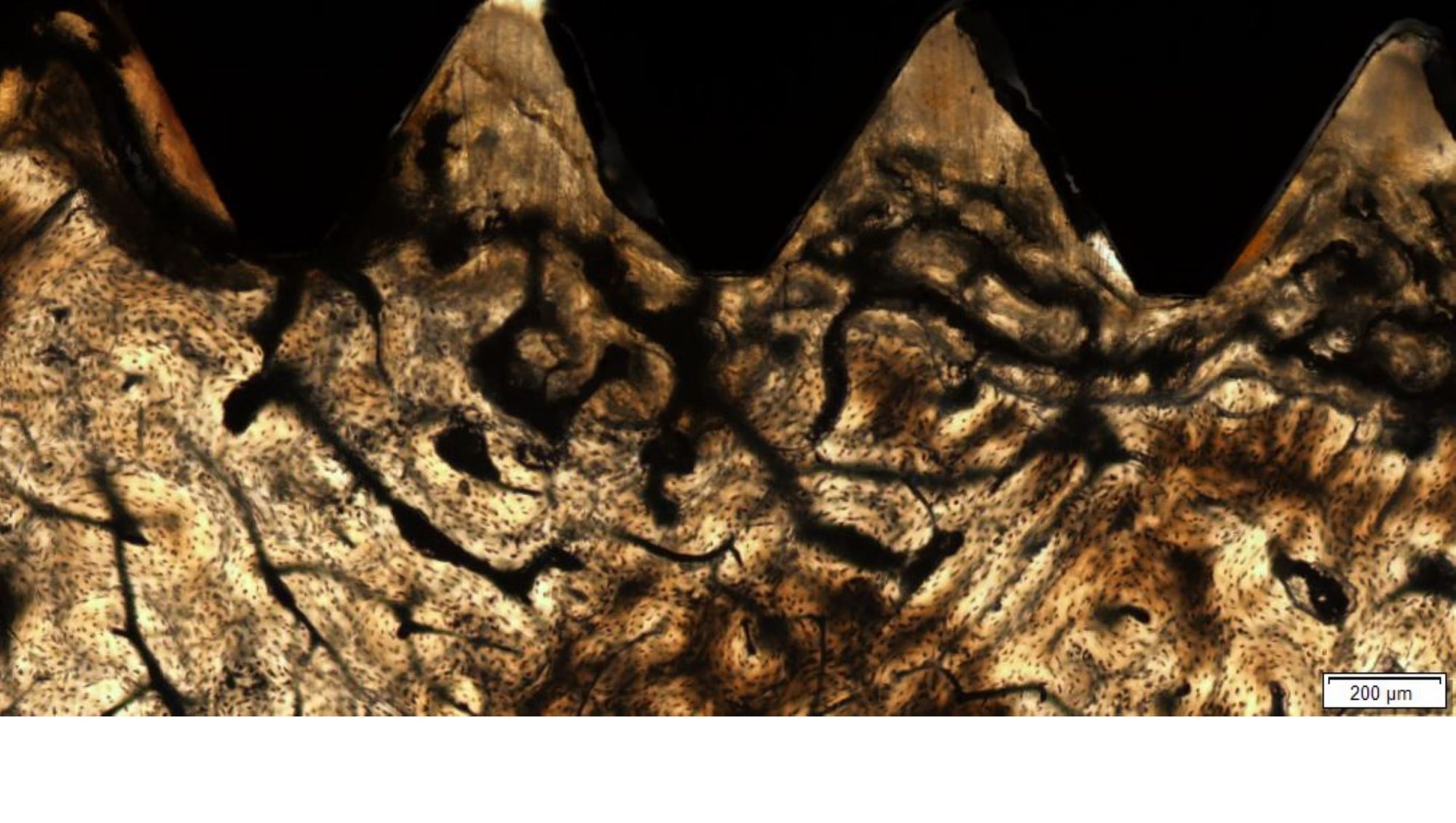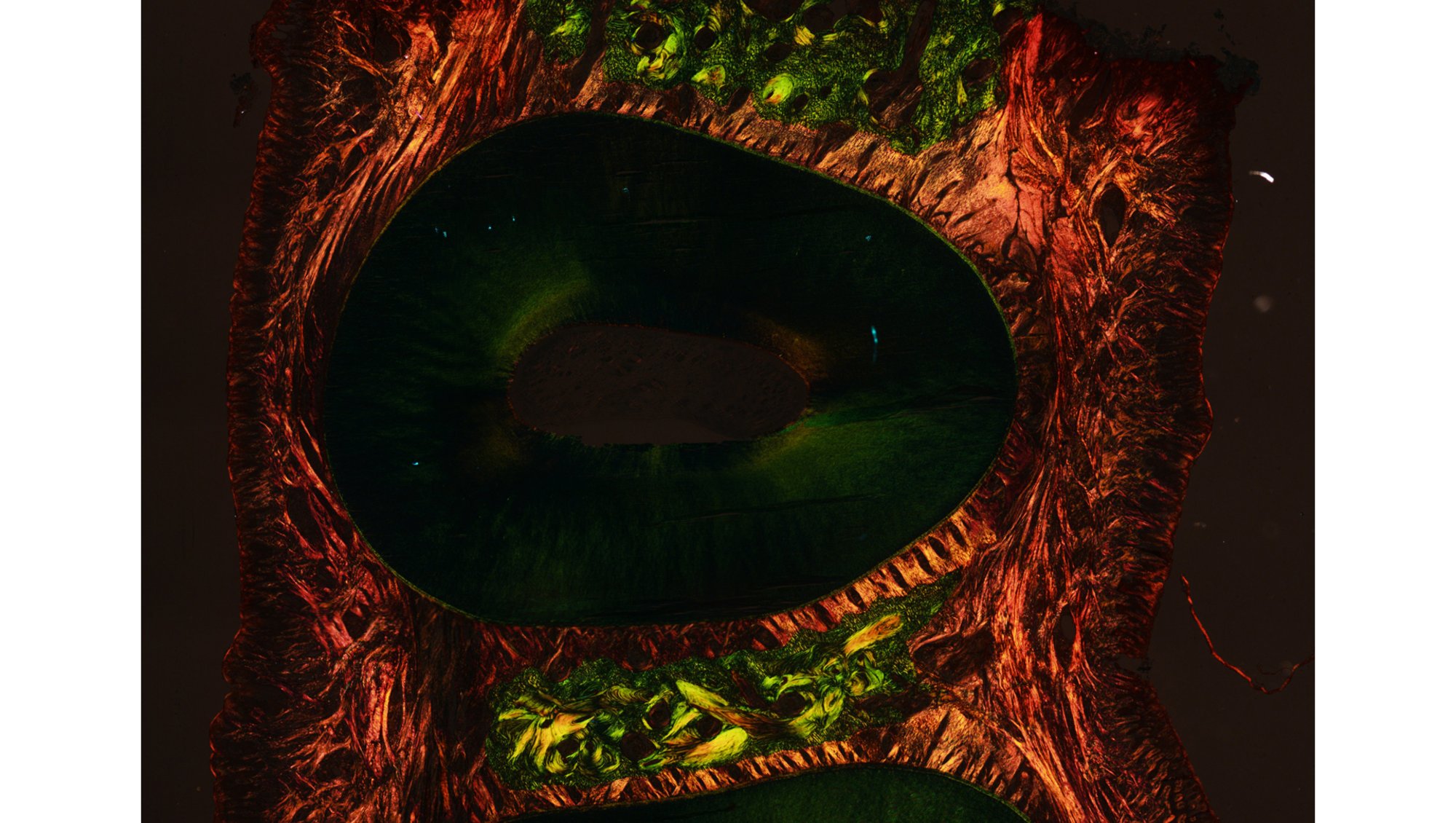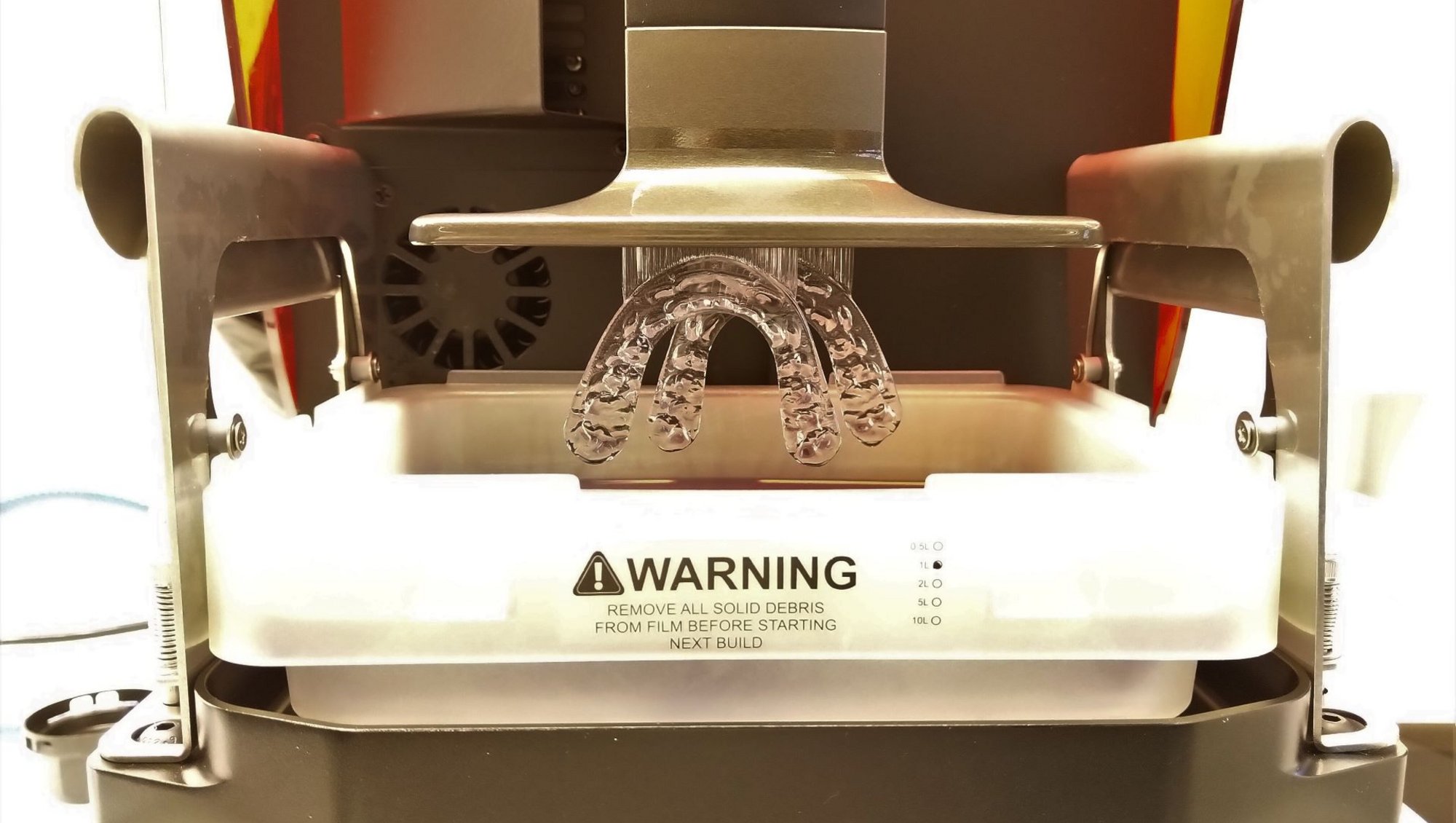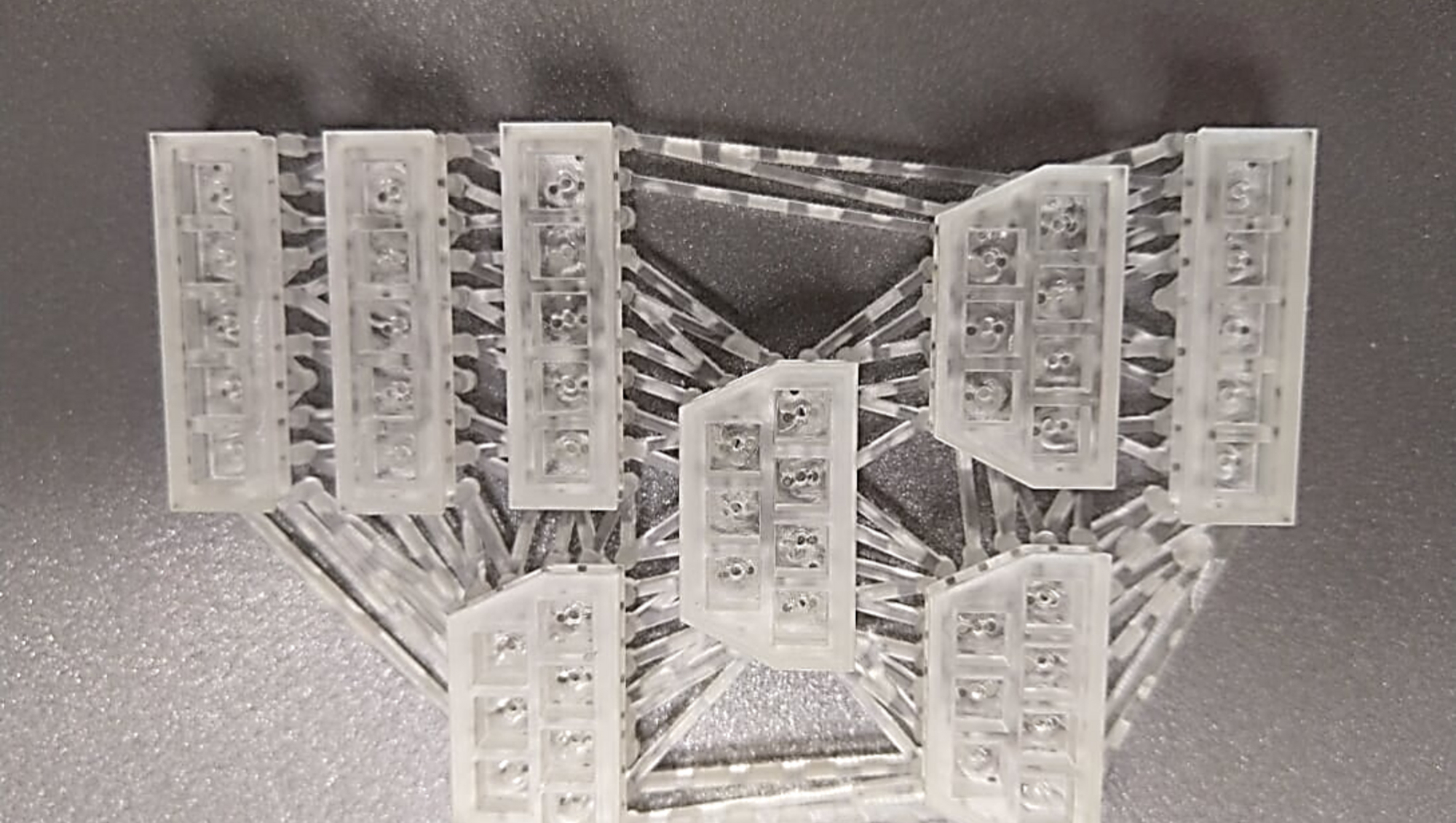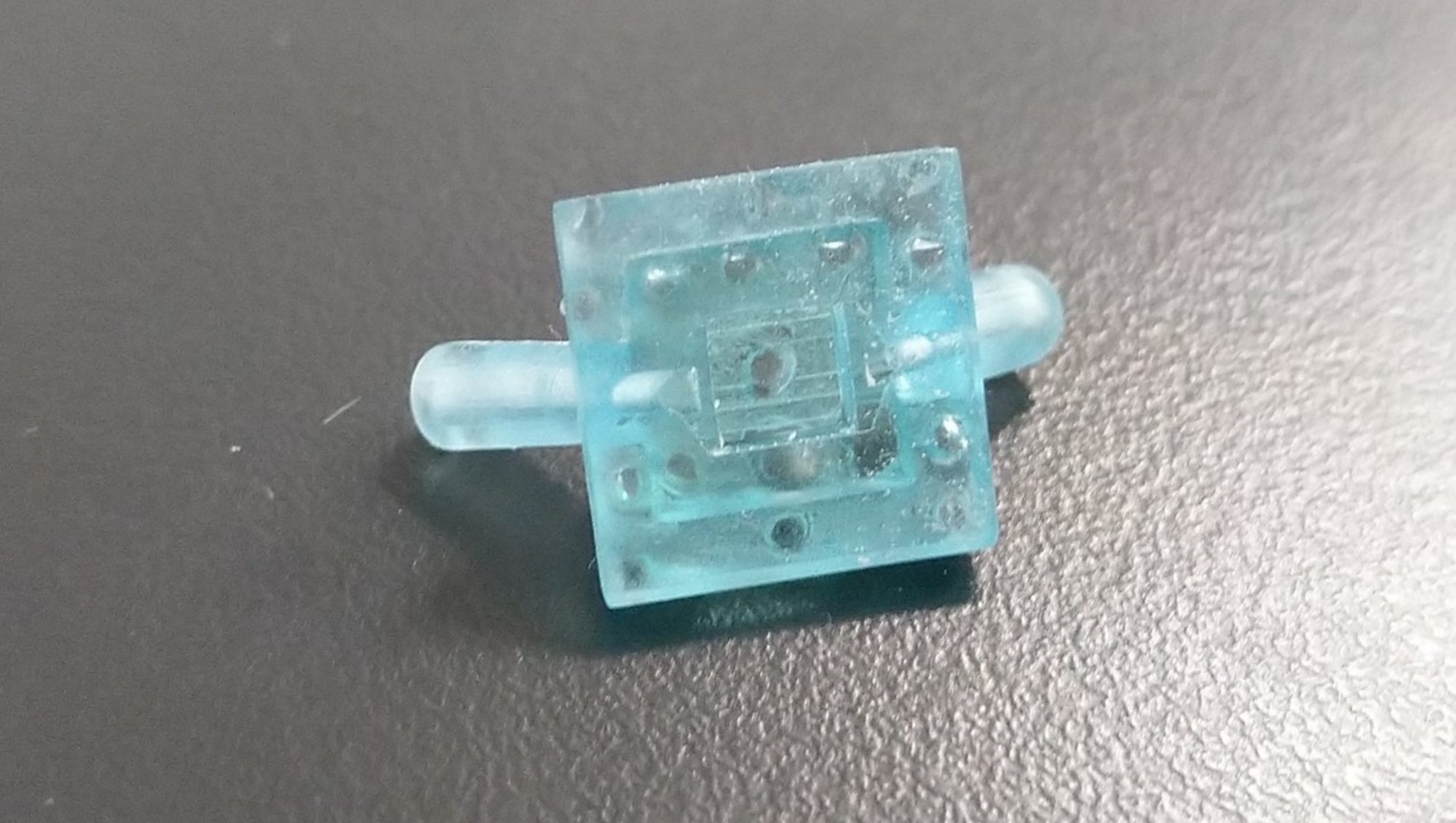Laboratory services, in microbiology, molecular biology, cell culture,
materials research, histology and 3D printing
What service do we offer?
We offer a wide range of laboratory services, within microbiology, molecular biology, cell culture, materials research, histology and 3D printing.
The laboratories are staffed with highly specialized laboratory technicians/bioanalysts, all with many years of experience in their respective specialties as well as in collaboration with internal and external researchers on planning and carrying out scientific work.
Who can use this service?
The facility is available to all researchers at Aarhus University as well as other universities, regions, municipalities, hospitals and businesses.
We are happy to engage in research collaborations, and the laboratory's employees will be helpful in establishing contact with the institute's researchers.
Microbiology
- Bacterial and fungal cultivation, risk groups I and II (aerobic and anaerobic, CO2, nitrogen)
- Identification of bacteria by cultivating them in/on selective media
- Media and reagents preparation
- Access to freeze-drying bacteria and storage in -80o freezer
- Growth curves of bacteria via spectrophotometrical measurements
- Resistance determination of bacteria
- Biochemical tests of bacteria
- Biofilm tests
- Pathological “fungus scrape” by PAS colouring
- Water analyses, in-house sampling and testing of the quality of water in the dental units, untreated and treated water
- Bacterial adhesion tests in flow-cells by confocal microscopy
- pH testing in the extra cellular matrix
Molecular biology
- Purification of DNA from gram-positive and gram-negative bacteria and fungi
- PCR
- RT-PCR
Dental material research and chemical analysis
Chemistry:
- measuring aniones such as phosphate, chloride, nitrate, sulphate and fluoride in various materials such as toothpaste, saliva, soft drinks etc.
- measuring cations such as calcium, magnesium and potassium
- measuring with an ion-chromatograph and ion selective electrodes
- pH
Dental cement:
- ISO standard methods for measuring dental cement
- cementation time
- thickness of film
- humidity, absorption of humidity
- fluoride emission
- radiopacity
INSTRON®3366 unit for testing dental materials
- compression strength of various dental materials
- elasticity of dental materials
- adhesive strength such as dental bands, crowns, posts, orthodontic wire etc.
Histology
- Sectioning in hard and soft tissue
- Sectioning paraffin sections in soft or decalcified tissue (2-7 µm)
- Sectioning plastic sections in undecalcified hard tissue (including radiographs) (4-9 µm)
- Saw sectioning in undecalcified hard tissue with and without implants (different units each with their own benefit). Sectioning (down to 50 µm)
- Colouring of sections (routine colouring, specialized colouring)
- Statistics of measured data
- Cutting tissue blocks
Molecular histology
- Making saw sections of extracted teeth
- Sectioning above-mentioned sections (to <100 µm)
- Microradiography of the sections
- Embedding and sectioning plastic embedded tissue (mainly soft or decalcified tissue) – 1-2 µm, perhaps thinner
- Radiographs used for control of decalcification degree of the tissue
- Preparation for Scanning Electron Microscopy (SEM)
- Preparation for Transmission Electron Microscopy (TEM)
- Fluorescence-in-situ hybridization (FISH)
- Immune colouring
Microscopy and imaging
- Light and fluorescence microscopy
- Microscoping sections, histomorphometrics
- High-quality photography - macroscopic, microscopic
- Imaging, setting photos and graphs for articles
Other services
- Support for the clinics of the department, for example sterile balancing, dilution
- Disposal of the chemical waste and risk waste of the department
- Collecting, handling and storing saliva
- Innovation and optimizing
- Blood tests
- Assistance in animal trials
- Data treatment in connection with trials
- Maintenance of equipment as well as administration and updating of workplace guidelines for dangerous substances and materials used by dental students and dental technician students at the skills laboratories
- Quarterly control of alarm and ventilation functions of fume cupboards at the department
Price
The Research Laboratories are accessible for external and internal projects under the following conditions:
- Internal IOOS projects
- You will be charged for materials. At the Research Laboratories, we recommend that researchers at the department make project applications in cooperation with the Research Laboratories, including budgets for work to be carried out in the laboratories.
- Research cooperation
- You will be charged for materials. Other costs are agreed on in collaboration with involved department researchers.
- External projects
- The price is calculated according to the university guidelines.
Contact David Kraft for a price estimate.
Booking
If you are interested in using the facilities of the Research Laboratories, please write a short description of your project and the kind of help you require. Send this to
David Kraft dck@dent.au.dk
Alternatively, contact an employee for further information.
Equipment
- Ion chromatograph
- Material test equipment, INSTRON 3366
- Autoclave, Laboklav 55MSX
- Centrifuge Sorvall ST 8R & Eppendorf 5810Spectrofotometer, DeNovix DS11 & V-3000PC
- Aria MX real time PCR system
- Nucleocounter
- Tissuelyser II
- Laf bench, Nordic Safe Esco Class II BSC
- CO2 incubator, Binder & Thermo scientific Midi 40
- -80°C freezer, Forma 900 series
- Plate reader, EL800
- Colony counter, Interscience Scan 100
- Inverteret Olympus mikroskop with DP72 camera
- Edwards coating system E306A (coalcoater)
- Bio-Rad SEM coating system (sputtercoater)
Microtomes
- Reichert Jung polycut E (uncalcifies blocks)
- Leica RM 2255 (small uncalcifies blocks + descale blocks)
- Reichert Jung 2050 - ( descale blocks)
- Reichert Jung ultracut E (ultramicrotome)
Saw for hard tissue & implants
- Leiden saw - meprotech
- Exakt saw
- Leitz 1600 - embedded and unembedded tissue
Grinder
- Exakt grinder
- Struers knuth-rotor-2
About us
The research laboratories were established in 2014 under the Department of Dentistry and Oral Health.
The day-to-day management is handled by Associate Professor David Kraft, whom anyone interested is welcome to contact.




